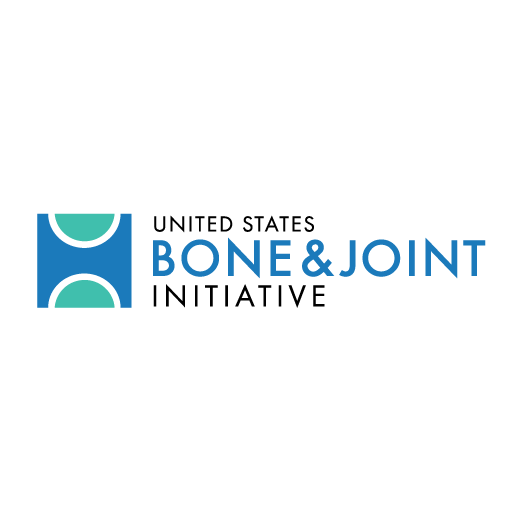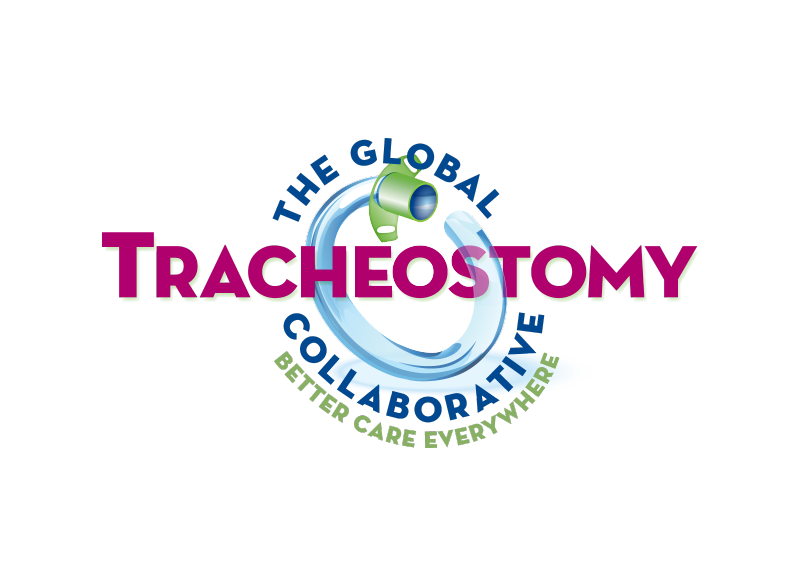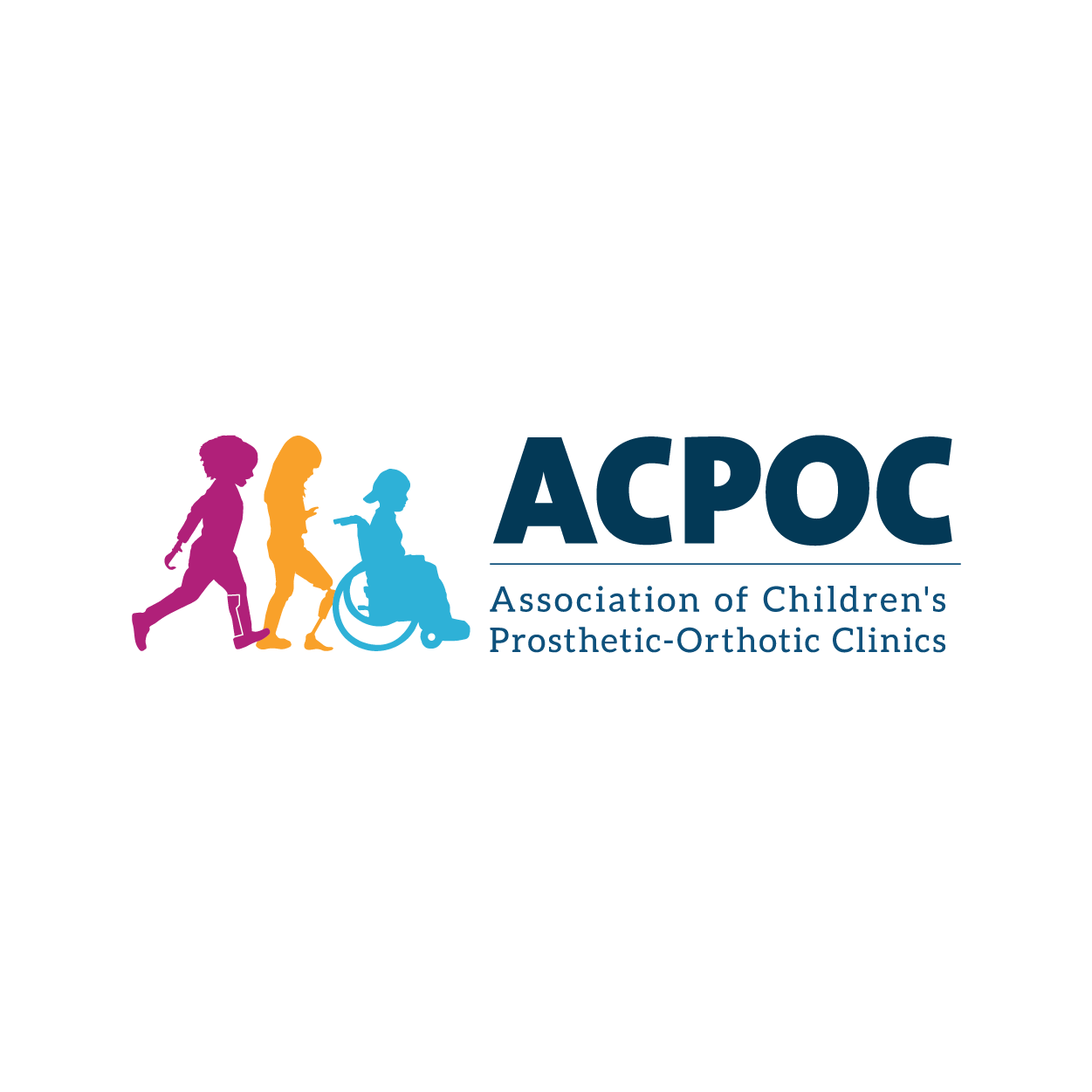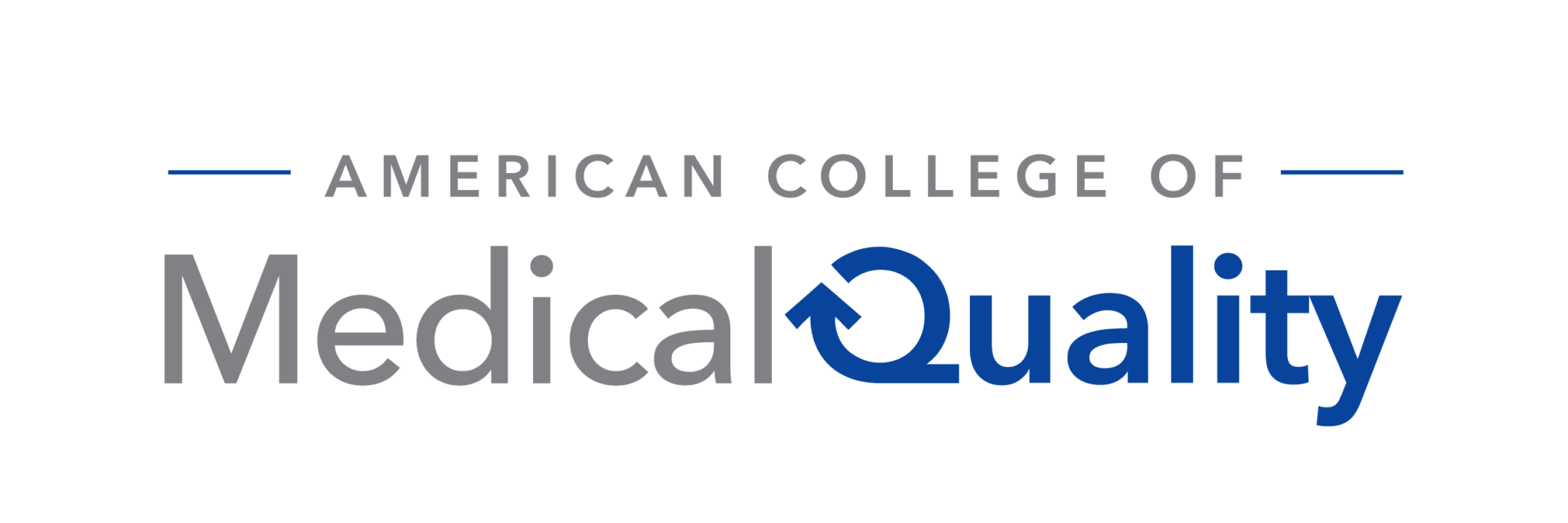

Unlikely Alliance? PhRMA joins community health leaders to seek reform of 340B program
PhRMA is locking arms with the National Association of Community Health Centers and other advocates to encourage Congress to transform the 340B drug discount program. Created in 1992 and overseen by HHS’s Health Resources and Services Administration (HRSA), the discount program allows certain hospitals and health centers to access prescription drugs at extremely steep discounted prices—sometimes up to 50%. The goal of the discount program is to allow healthcare providers serving underserved populations to stretch resources and expand care. However, critics argue there has been limited oversight and the number of 340B providers has ballooned from around 8,000 in 2000 to more than 50,000 today, resulting in biopharma companies providing about $4 billion in discounts in 2007 to almost $40 billion today. While the hospital community has defended the program, the number of voices calling for reform has continued to grow. In March, the Alliance to Save America’s 340B Program (ASAP340B) announced it was bringing diverse voices, who often don’t see eye-to-eye on drug pricing, together to encourage policymakers to retool 340B and bring it in line to its original legislative intent. The hospital community decried the “PhRMA-led” move, claiming it would dismantle the 340B program and undermine patient access to medications. As both sides gear up for battle, Congress continues to move slowly on the topic of 340B reform, with substantial programmatic reform unlikely in a divided Congress.
Clinical Trial Diversity: Years of discussion turns to agency action
The topic of ensuring broader diversity in clinical trials has long dominated discussions in the health policy world. According to Food and Drug Administration data, in 2020 75% of trial participants were white, 11% were Hispanic, 8% were Black and 6% were Asian. Given those numbers, regulators and sponsors are trying to broaden the recruitment of people from different racial and ethnic groups. While the challenges of increasing diversity in clinical trials have been examined from multiple angles, specific agency action has been lacking. The 2023 omnibus spending bill enacted in December (Public Law 117-328) requires diversity action plans for the clinical trials used by the Food and Drug Administration to decide whether drugs are safe and effective. The FDA will expand on its draft voluntary guidance (released in April of 2022) later this year. The final guidance will outline what must be included in diversity action plans and how the agency will review such plans. Industry observers say now is the time for biopharma companies and trial sponsors to familiarize themselves with the FDA’s anticipated actions, prioritize proper internal collaboration and keep a close eye for final guidance.
Pharmacy Benefit Managers (PBMs) under scrutiny in Congress and in the states
In an effort to further address the cost of prescription drugs, policymakers are increasingly turning their sights to the role of PBMs in the process. Often dubbed “middlemen” in the drug price regimen, PBMs perform the administrative transaction of processing prescription claims between insurers and pharmacies. They also set reimbursement rates for pharmacies. While legislators often blame pharma companies for price increases and the increasing costs patients pay at the pharmacy counter, the reality is much more complex. As legislators seek to learn more about the role of PBMs, state legislators are considering PBM transparency and regulation bills. The Florida legislature is considering Senate Bill 1550, a priority of Governor Ron DeSantis (R). The bill is part of a broader legislative package that seeks to address underlying causes of prescription drug pricing and increase system transparency. On the federal side, the US Senate has advanced the bipartisan Pharmacy Benefit Manager Transparency Act which would ban the tactic PBMs use called “spread pricing,” where the manager charges payers more for a drug than what they reimburse a pharmacy and pocketing the difference. It would also ban “clawback” fees where a PBM attempts to get back part of a payment made to pharmacies or increase fees to offset any changes to reimbursement from federally funded health plans. Both practices have been criticized as drug price cost drivers. In addition to Florida, 39 states are currently debating some sort of PBM legislation. The federal legislation passed the Senate Commerce Committee March 22 in an 18-9 vote. It now moves to the full Senate for consideration. Want to learn more about PBMs? There are some dueling videos on YouTube. Explore the National Association of Community Pharmacists video to hear arguments critical of PBMs and the Express Scripts PBM video that highlights alleged benefits.
Post-Dobbs ruling, legislators in Red states advance Medicaid expansion of post-partum care
Legislators in several Republican-led states have passed or are considering legislation that extends Medicaid coverage for up to 12 months after a woman gives birth. The change requires federal approval from the Centers for Medicare & Medicaid Services (CMS), but the agency has routinely approved such requests in recent years. Advocates say the move will improve maternal health care since 53% of pregnancy-related deaths occur between seven days to one year, according to the CDC. Legislative supporters claim allowing new moms to keep their coverage for a year instead of the traditional 60 days allows additional time for addressing pregnancy related conditions like postpartum depression, diabetes and high blood pressure. Arizona’s extended coverage began in early April, while legislation is also advancing in Missouri, Iowa, Utah, Texas, Nebraska, Arkansas and Wisconsin. In Wisconsin, more than half the legislature has co-sponsored the legislation, Senate Bill 110, and the bill is being promoted by advocates on both sides of the abortion debate.
This monthly Health Policy Snapshot is the result of an ongoing partnership with Affinity Strategies and Gridiron Public Affairs. The blog’s host is Greg Chesmore, CEO of Gridiron, a public affairs firm committed to helping companies and organizations adopt holistic strategies to positively shape the public policy environment. To learn more about Gridiron Public Affairs, visit www.gridirionpublicaffairs.com.








































































































































































































